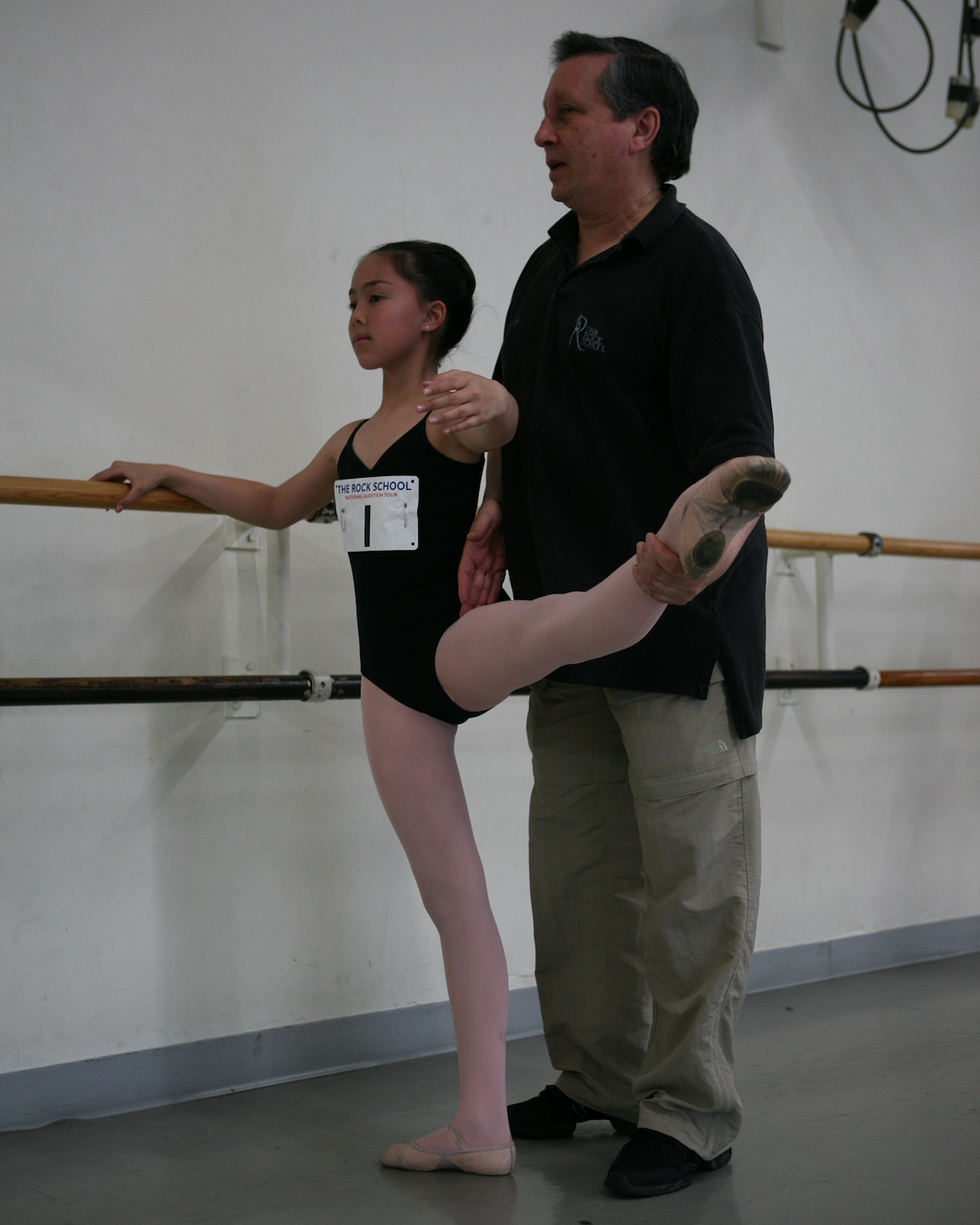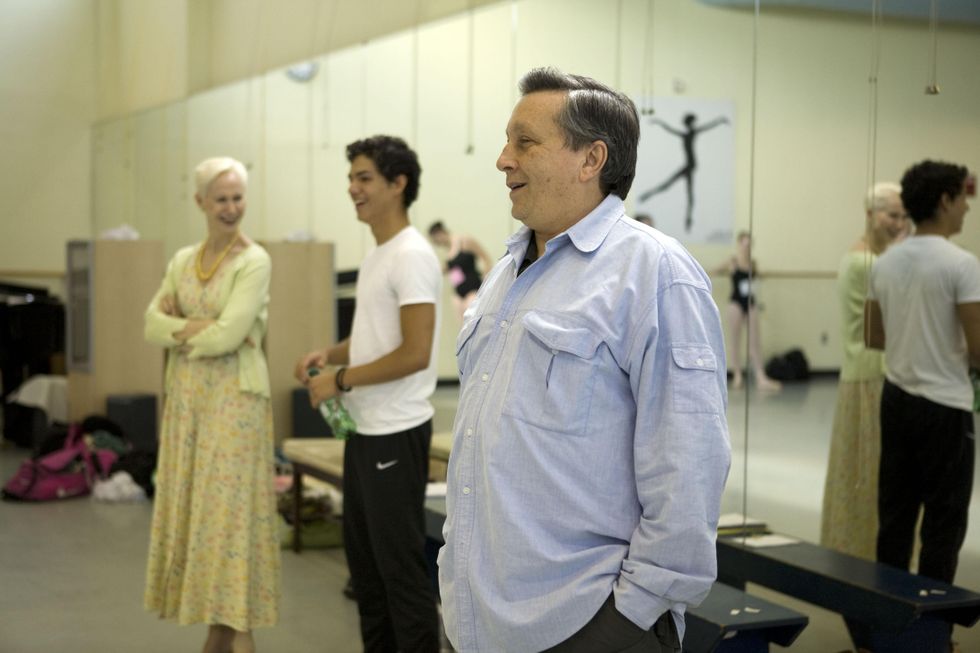Words of Wisdom: Bo Spassoff Shares His Takeaways From Nearly Four Decades at The Rock School
As the saying goes, “Legends aren’t born; they’re made.” Several of today’s leading ballet stars—Isaac and Esteban Hernández, Christine Shevchenko, Michaela DePrince, Beckanne Sisk, Derek Dunn, Taylor Stanley—have one big commonality in the training that shaped them: They all studied with the husband-and-wife team of Bo and Stephanie Spassoff.
This month marks a turning point at The Rock School in Philadelphia as Bo, who has served as the school’s director for the past 37 years, retires from his full-time role. He will serve as director emeritus over the next year while a replacement is found, and Stephanie will continue teaching and coaching.
Work as a Team
The Spassoffs often teach together during class, which has not only proven enjoyable for the students, but also allows for more corrections and interaction. They’ve carried the concept over to their summer intensives where couples, like Ballet West’s Beckanne Sisk and Chase O’Connell, teach partnering class together.
“These classes are always popular,” says Bo.
Get Aligned
One of Bo’s favorite things to teach during class is pirouettes, and it all begins with ensuring the proper alignment. Common mistakes he sees dancers make are placing too much weight on the back leg and incorrect pelvis placement while turning, thus arching the lower back.
Teachers can help students attain the proper alignment by reinforcing these tips:
- Square shoulders with hips
- Correct placements of legs and feet with hips
- Pull up torso to straighten pelvis (“Generally this will maximize use of the abs, or ‘your core,’ which is vital for good turns,” says Bo.)
Encourage Passion
“The big summer schools of the 1980s and ’90s were pretty unfriendly and intimidating in the audition process,” explains Bo. “We felt cutting young dancers in the middle of an audition, or worse, earlier, was cruel. Many of these summer intensive auditions didn’t even notify you until a month or two later whether you were accepted. That whole process was pretty awful for a young teenager. So, we instituted more of a ‘master-class model’ where we let all the students take the entire class and notified them at the end if they were accepted. After a few years, we let them know discreetly with a paper notification.”

Courtesy The Rock School
Don’t Ignore the Parents
Bo emphasizes that frequent communication with parents can make the difference when it comes to maintaining student retention. He and Stephanie make a point to hold regular parent conferences.
“For some parents, being able to hear things about how they can support their dancer is essential,” says Bo. “Sometimes we can encourage a parent’s over-involvement into alternative areas. Phone conferences are helpful too in communicating student progress, keeping a bond to the school, and hearing feedback about teachers. It is also good to hear whether parents view their child’s dancing as an activity, an art or as a potential vocation. While these conversations can be time-consuming, they pay dividends over the long term of a student staying for several years.”
Give Competitors a Dress Rehearsal
To help dancers prepare for major competitions, Bo creates several opportunities that mimic the big day. He suggests coaches give students multiple dress rehearsals with an audience and to do a run-through on an actual stage with lighting. (The Rock students utilize a local stage, just outside Philadelphia, with lights to prepare.)
“It gives them a chance to shake out the nerves,” explains Bo. “It’s not unlike the Olympics.”
Show You Enjoy Dancing
On the note of competitions, Bo has also served as a judge for YAGP. What does he look for when judging?
“Whether the performer looks like they are enjoying dancing,” says Bo. “Also, clean technique, personality, charisma, energy, speed, nuance and flexibility.”
Have a Winning Work Ethic
In the end, what does it take for aspiring dancers to achieve the level of success that The Rock School’s distinguished alumni have attained? For Bo, it comes down to two things.
“Perseverance and positive work ethic. Even after a bad class or a bad day, come back and try again,” he says.




